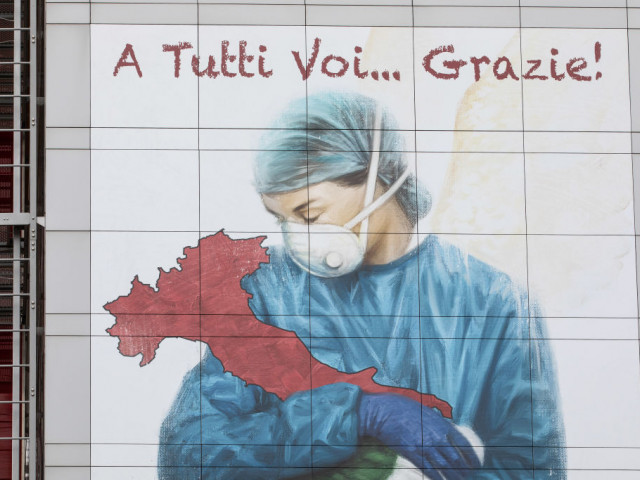
[ad_1]
Italy and Spain introduce new anti-COVID measures after increasing the number of new cases of coronavirus infection. In Italy, restaurants remain open only until 6:00 p.m., and Spain will return to a state of emergency.
Giuseppe Conte, Prime Minister of Italy: The bars, ice cream parlors, patisseries and restaurants will be closed every day at 18:00. After 6 PM, they can continue to deliver food at home. Maximum 4 people can sit in the restaurant, if they are not members of the family. Eating and drinking on the street is prohibited after 18:00.
The measures, which are valid for one month until November 24, come after the publication of new record figures on coronavirus contamination and despite opposition from regional governors and protests against the restrictions. The latest count indicates about 20,000 new cases of contamination in 24 hours, and the total since the start of the pandemic exceeds 500,000, with 37,000 deaths.
On the other hand, schools and kindergartens will remain open in Italy, and 75% of secondary and university courses will be held online.
In Spain, according to the government’s decision, the state of emergency will be established first for 15 days, but the Madrid government wants to request the approval of Parliament for a six-month extension, until April 2021.
Pedro Sánchez, Prime Minister of Spain: The traffic restriction from 11 p.m. to 6 a.m. will be applied throughout the country with the exception of the Canary Islands, which has a very good epidemiological situation. It will be possible to drive during this time only for reasons included in the health regulations: buying medicine, going to work, going home or caring for the elderly and children.
Also, gatherings, public gatherings are restricted, thus leading to the uncontrolled spread of the coronavirus.
Spain has the highest number of COVID-19 infections in Western Europe. The total number of cases rose to 1,046,132 on Friday, while the death toll approached 38,000.
Editor: Iulia Iancu